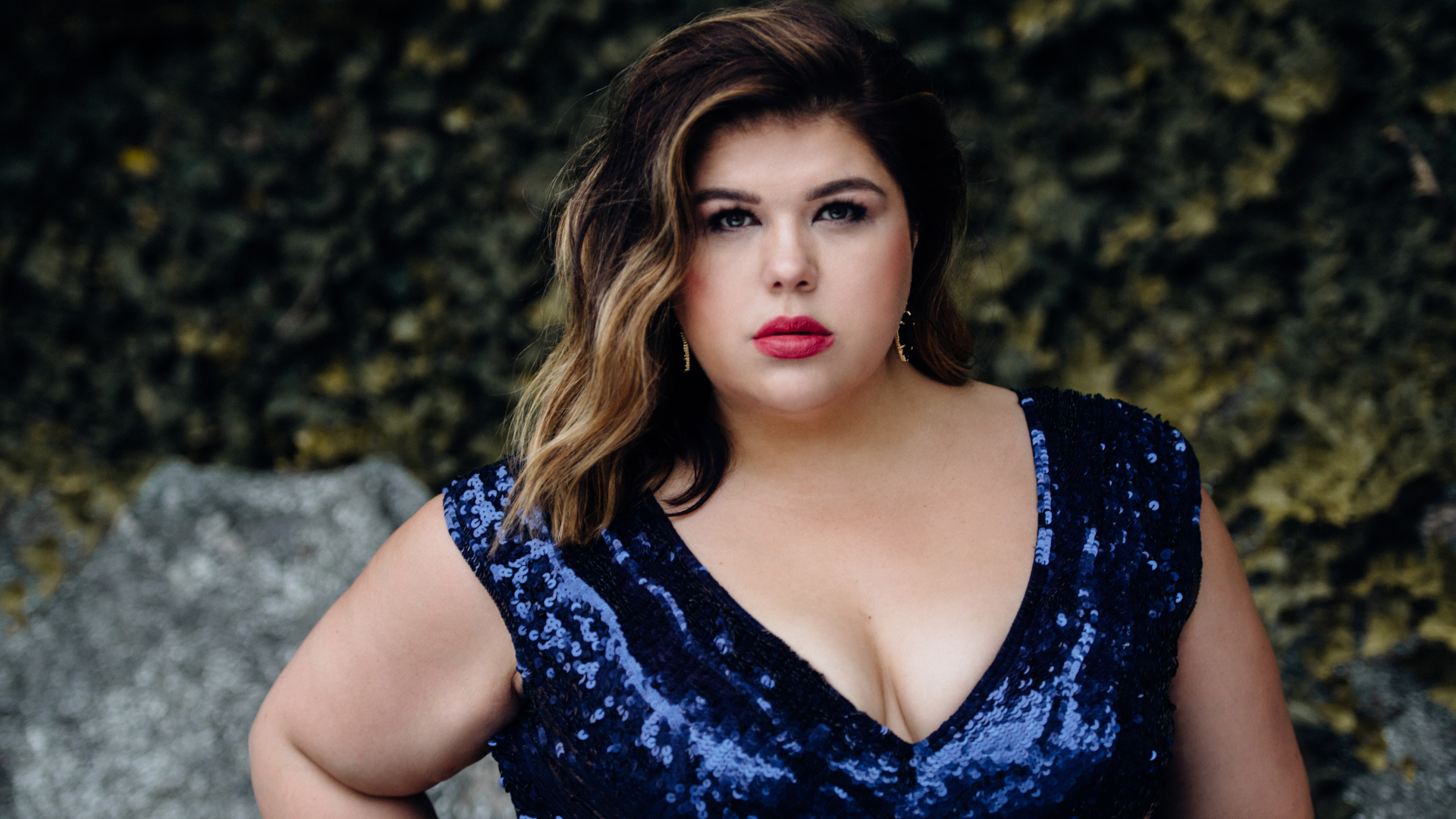Soprano Leah Crocetto Draws From Life, Releases Emotion With Powerful Voice
Leah Crocetto. Photo by Jiyang Chen.
It’s impossible to be a good artist and not to draw from life. Every time American soprano Leah Crocetto performs, there is an aspect of herself in the performance.
“I don’t necessarily think it’s ‘method acting’ a la Stanislavsky, but rather it’s just a part of it. I am who and what I am, and that bleeds into every performance,” she said.
Even if a day is rough or the lead up to a performance isn’t what she wants it to feel like, she digs deep and will always give the best she possibly can in that moment. She said she doesn’t have the ability to just go through the motions.
“The day I feel like I’m going through the motions is the day I quit,” Leah said.
Carnegie Hall, Seattle and International Debuts
It has been a year of debuts for Leah. In May 2018, she made her much awaited debut at the Seattle Opera as the title character in Francesca Zambello’s production of Verdi’s Aïda. Then over the summer, she made her debut at Festival Castell Peralada in Spain, where she sang Verdi’s Requiem with mezzo-soprano Ekaterina Gubanova, tenor Charles Castronovo and bass Alexander Vinogradov.
The fall brought two more debuts. Leah debuted at the North Carolina Opera as the title role in a concert performance of Bellini’s Norma. Then in November, she made her Carnegie Hall debut. She appeared with pianist Mark Markham by her side. The program featured works by Respighi, Poulenc, Rachmaninov, Gershwin, Arlen, Rodgers, Fain and the New York premiere of Eternal Recurrence, a song cycle composed for her by Gregory Peebles, which she debuted in 2016.
During this time period, she also planned a mini recital tour that took her along the East Coast. The recitals are very special to Leah, as the music was chosen with a purpose.
“When I choose music, I only select music I can relate to and that I like and that has some kind of message to share. When you see me in recital, it’s always the deepest part of me,” she said.
Big Plans for 2019
Leah just wrapped up starring as Leonora in Seattle Opera’s Il Trovatore, Verdi’s hot-blooded melodrama.
She is now transitioning to learn Mahler’s epic Symphony No. 8 for concerts with the Los Angeles Philharmonic and Gustavo Dudamel for the spring.
“I don’t have much experience with Mahler, so I’m excited to truly dive into it,” she said.
It was also announced she will be part of Dallas Opera’s four-act Don Carlo in late 2019 alongside Robert Watson, Jamie Barton, Mariusz Kwiecien, and Morris Robinson.
Music Education and The Future of Opera
Without a moment to slow down, she just was named the Artist-in-Residence for the Potomac Vocal Institute in Washington, DC, and is very excited to spend some more time with these talented young singers.
She said any music education at this point, would be acceptable to get kids involved. A huge change in legislation will have to be done to get it back into public schools, which is why we have private, nonprofit organizations like Art Smart and Time In Kids. Art Smart was founded by Leah’s friend Michael Fabiano, to get music back into schools through free voice lessons with master coaches, so everyone has a chance to experience it.
“It’s sad when the kids of today don’t even know any of the classics because they’ve never been exposed to it,” she said.
Leah believes the opera business is at a tipping point. There is a huge movement among young people right now, of self-worth and taking control of one’s life. Hollywood has changed, the fashion industry has changed, but the grand art form of opera still has further to go.
“People want to see grand, but they also want to see relatable people on stage, and if we could harness that energy, great things could happen,” she said. “If it keeps going the way it is, we will have no audience.”
Learn more about Leah on her website.

